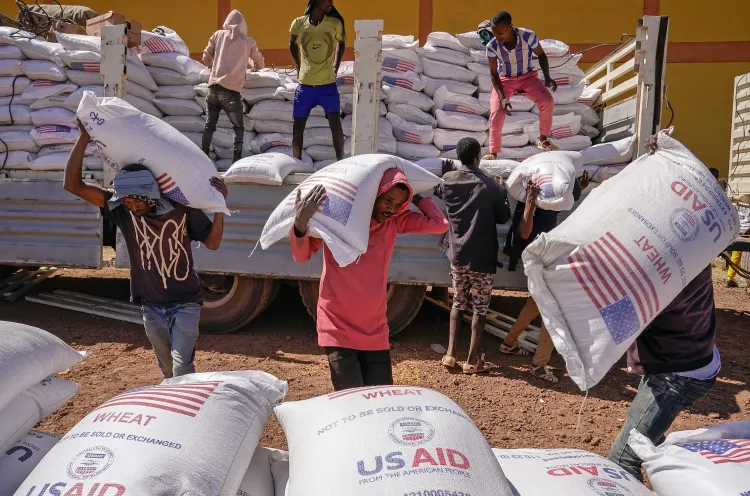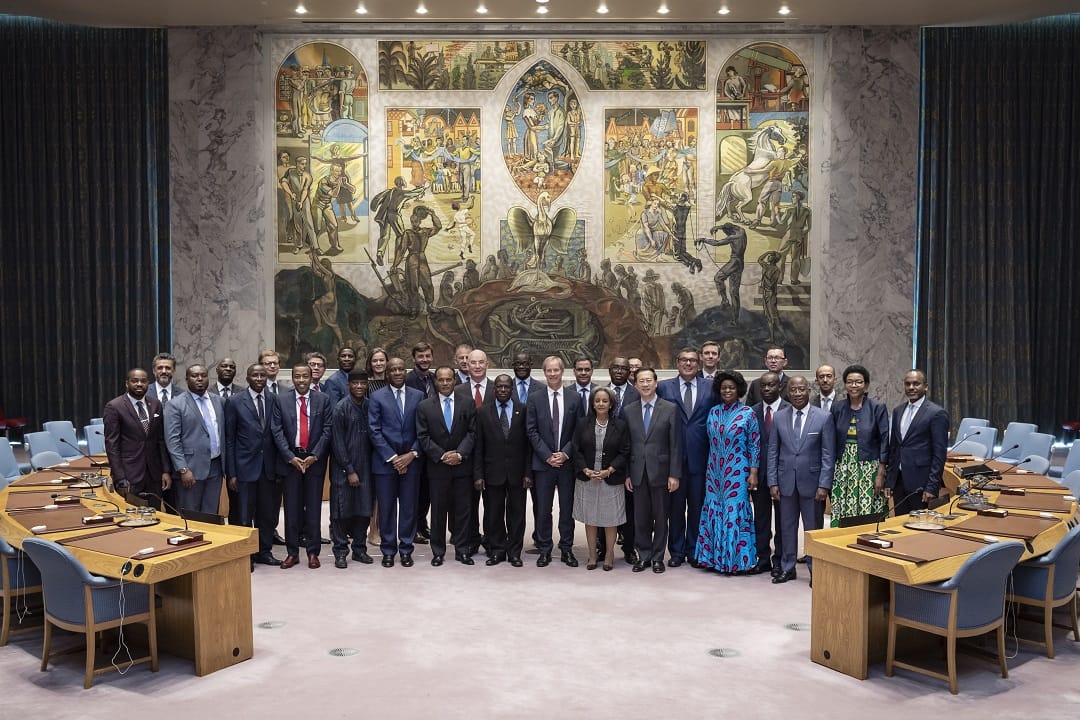

Foreign aid has long played a critical role in shaping the development trajectory of African nations. From the geopolitics of the Cold War to the security concerns that followed the events of September 11, aid has often been guided by external priorities. In recent decades, however, there has been a marked shift toward addressing Africa’s specific needs, such as poverty alleviation, health crises, and infrastructure deficits. The United States, for instance, allocates substantial portions of its foreign aid to African countries, particularly in health programs targeting HIV/AIDS, malaria, and maternal health, underscoring the continent’s significant role in global aid policy.
Foreign aid serves a variety of objectives, including humanitarian relief, economic development, and strengthening governance. Humanitarian aid addresses immediate needs arising from conflicts, natural disasters, and famine, providing crucial support for the most vulnerable populations. On the other hand, long-term development aid focuses on promoting economic growth, improving access to education, healthcare, and basic infrastructure, and creating sustainable livelihoods. Political aid also plays a crucial role, helping to support democratic institutions, facilitate governance reforms, and ensure political stability. Together, these objectives aim to create an environment conducive to sustained development and growth, making them vital for shaping the future of African nations.
However, foreign aid has faced considerable criticism. While it has contributed to life-saving initiatives and infrastructure projects, it has also been accused of fostering dependency, propping up corrupt regimes, and failing to deliver sustainable economic growth. In Africa, the criticism is particularly pronounced, given the continent’s vast natural resources and economic potential. Zambian economist Dambisa Moyo has notably highlighted that despite decades of aid, many African countries have seen limited improvements in real per capita income, raising questions about the effectiveness of aid models. The criticism calls for more accountable and locally-driven approaches to development, ensuring that aid is used to empower rather than create reliance.
Supporters of aid argue that it has had transformative impacts, particularly in health and education. Initiatives such as the President’s Emergency Plan for AIDS Relief (PEPFAR) and anti-polio campaigns have saved millions of lives and helped to strengthen healthcare systems across Africa. Well-targeted aid, they argue, can also enhance economic opportunities, reduce inequalities, and foster regional stability. In the African context, aid linked to infrastructure development—such as road networks, energy projects, and market access—can accelerate economic integration, particularly through frameworks such as the African Continental Free Trade Area (AfCFTA). These investments in infrastructure help lay the foundation for long-term growth and self-sufficiency, offering opportunities for sustainable economic development.
As Africa’s voice grows stronger on the global stage, there is a growing demand for a reimagined approach to foreign aid. Increasingly, African nations are advocating for partnerships that reflect their development priorities and allow them to take more control over their own development agendas. This shift is evidenced by a preference for trade over aid, as countries seek to move away from dependency and toward mutually beneficial economic relationships with the international community.
This changing dynamic is reflected in several collaborative initiatives blending aid with investments in sectors like renewable energy, digital transformation, and agriculture. These initiatives tackle both immediate challenges and long-term sustainability, empowering African nations to lead their own development efforts. Rather than being recipients of aid, African countries are now positioning themselves as equal partners in shaping their futures. By focusing on high-potential growth areas, such as clean energy and technology, Africa can harness both aid and investment to create a self-sustaining development model.
The conversation around foreign aid is shifting from debates over its effectiveness to discussions about building long-term, sustainable partnerships. These partnerships should be rooted in mutual respect and collaboration, with African nations taking an active role in shaping their development paths. As Africa continues to grow economically and politically, the continent is increasingly seen not only as a recipient of aid but as a critical player in global development. Its natural resources, young population, and economic dynamism position it as a powerful force in the global economy, and the changing approach to aid reflects this shift in power dynamics.
Foreign aid has undeniably played a crucial role in Africa’s development, addressing immediate humanitarian needs and supporting infrastructure projects. Yet as Africa’s role on the global stage continues to evolve, the focus must shift from aid dependency to investment in long-term, sustainable development. The emphasis on trade, transparency, and locally driven solutions reflects the continent’s growing desire to lead its own development agenda. This shift offers an opportunity for Africa to take charge of its future and play a central role in shaping the global development narrative.


